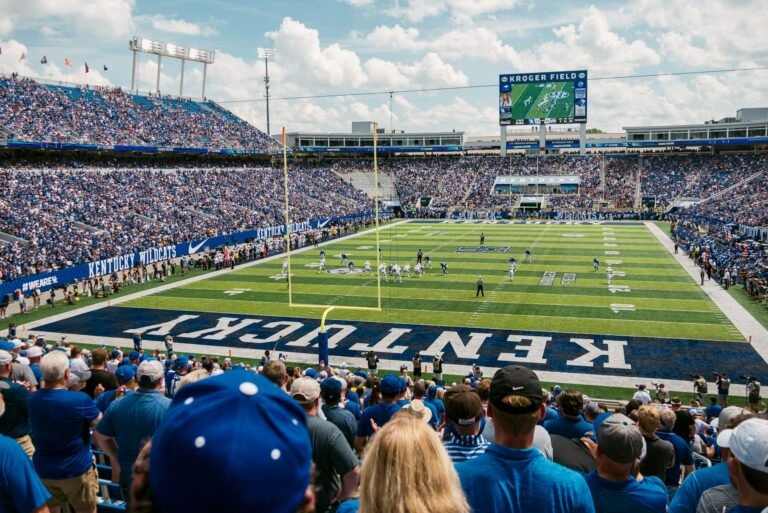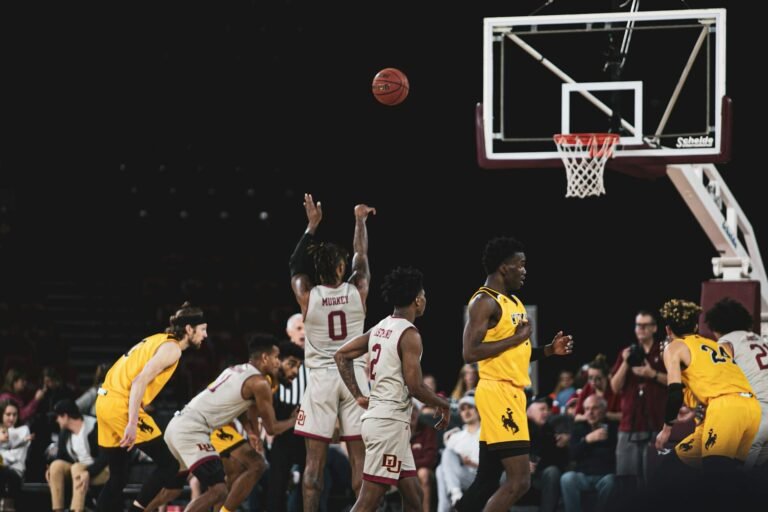In a landmark decision, the Ultimate Fighting Championship (UFC) has agreed to a new payment package totaling £281 million for its former fighters. This settlement marks a significant shift in how the organization approaches its financial responsibilities toward athletes who have competed in the octagon. The decision comes in the wake of growing scrutiny and criticism over the treatment of fighters, particularly regarding compensation and healthcare support after their careers end. Many former fighters have voiced concerns about the lack of financial security and support, prompting the UFC to reconsider its practices and policies.
The announcement of the new payment agreement was met with a mix of relief and skepticism from the fighter community. For years, many fighters have felt underappreciated and inadequately compensated for the risks they take in the octagon. The £281 million payment aims to address some of these concerns, providing financial relief and compensation to those who have previously fought under the UFC banner. This decision could also pave the way for future negotiations on fighter pay and benefits, as it reflects a growing recognition of the need for better support systems within the sport.

As part of the agreement, the UFC plans to distribute the funds among a wide range of former fighters, ensuring that those who have contributed to the organization’s success over the years receive their due recognition and compensation. While the exact distribution plan has yet to be released, sources indicate that it will include both lump-sum payments and ongoing benefits for retired athletes. This approach aims to provide a safety net for fighters transitioning to life after competition, addressing many concerns about long-term financial stability and health care.
Industry experts view this move as a significant step toward reforming the UFC’s business practices, which have been criticized for prioritizing profits over the well-being of fighters. This settlement comes amidst increased scrutiny from fans, media, and even lawmakers regarding the treatment of athletes in combat sports. The UFC has often defended its business model, stating that the organization offers competitive pay and opportunities, but the new agreement suggests a willingness to listen and adapt to the concerns of fighters and the wider community.
In addition to the financial settlement, the UFC has committed to improving healthcare benefits for fighters, which is another area that has drawn criticism over the years. Many fighters face substantial medical expenses related to injuries sustained during their careers, and the new agreement aims to alleviate some of these burdens. Enhanced healthcare support may include coverage for injuries, regular medical check-ups, and mental health resources, recognizing the holistic needs of fighters as they transition to life after the UFC.
As the MMA landscape continues to evolve, this agreement could set a precedent for other organizations in the sport to follow. The UFC’s decision to allocate significant funds for former fighters highlights the growing acknowledgment of the sacrifices made by athletes in the pursuit of their careers. While this agreement is a step in the right direction, it remains to be seen how effectively it will be implemented and whether it will lead to broader changes within the organization and the industry as a whole. Fans and fighters alike will be watching closely as the UFC navigates this new chapter in its history, hoping for positive outcomes for those who have dedicated their lives to the sport.


















